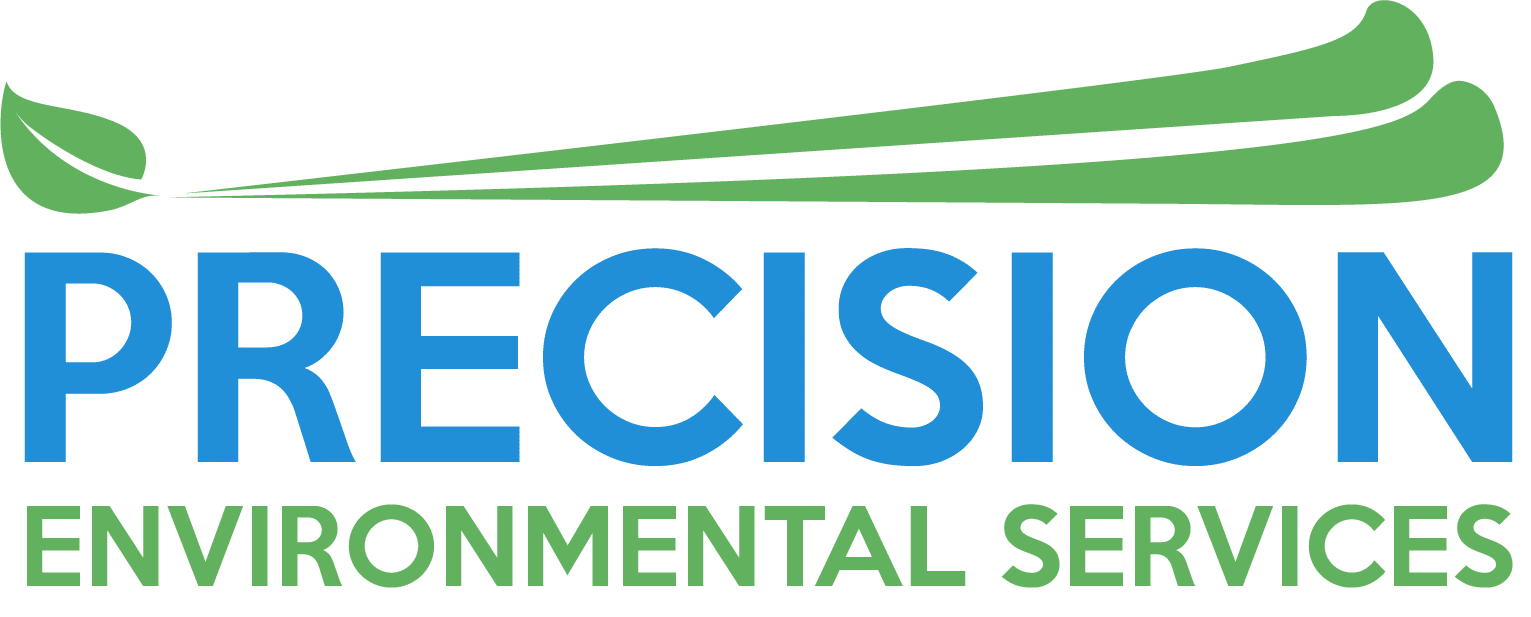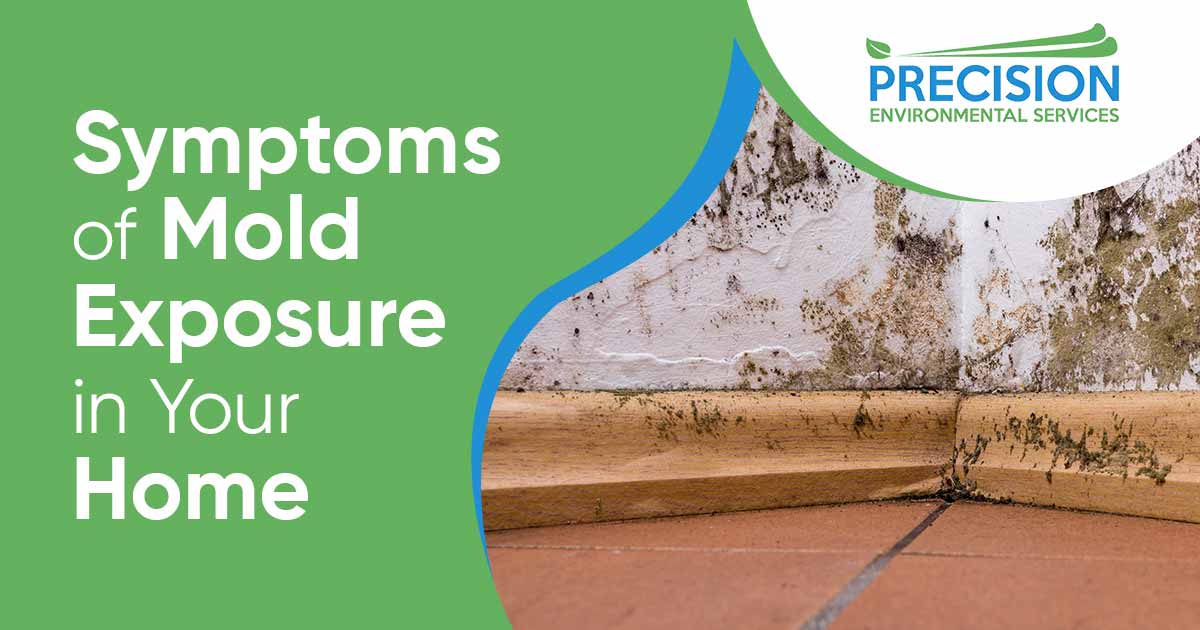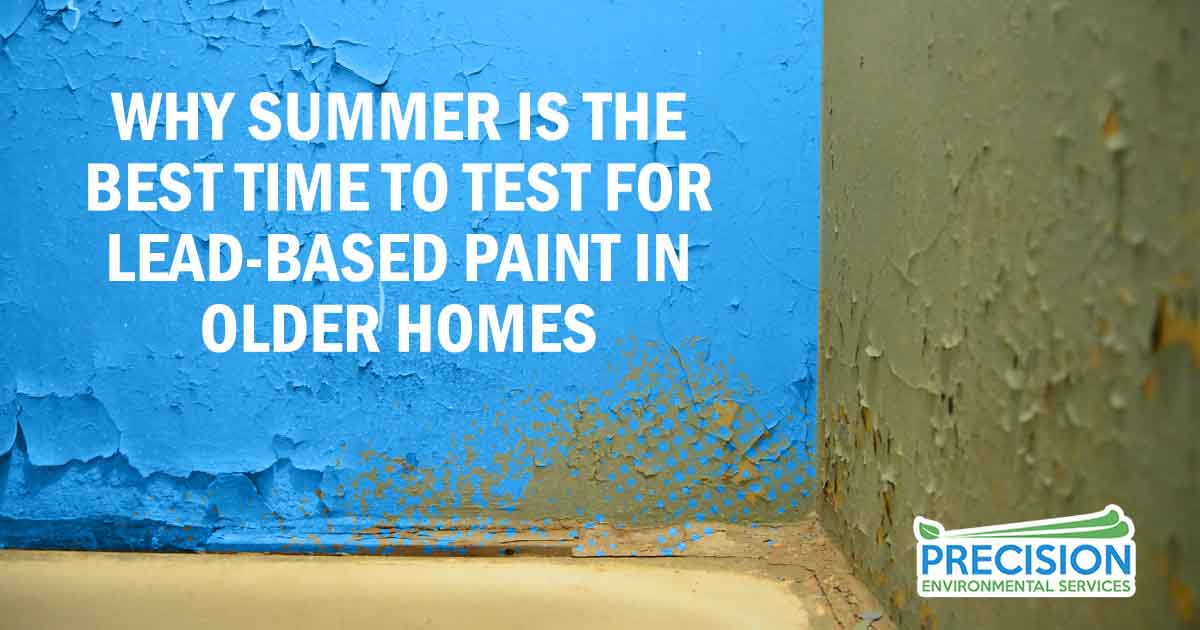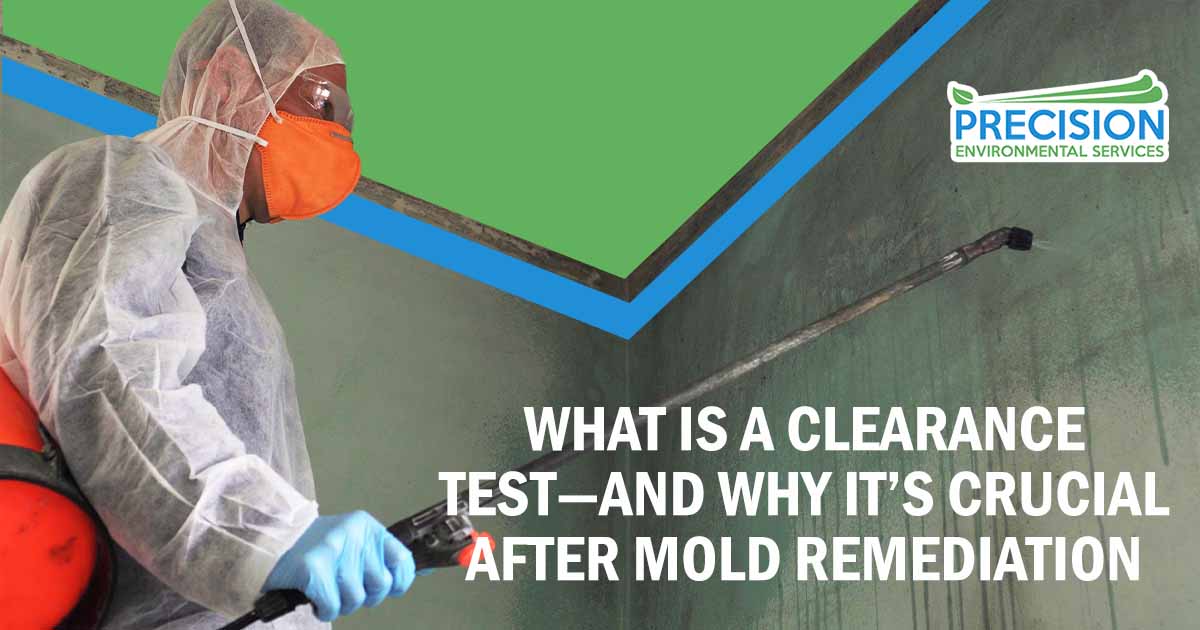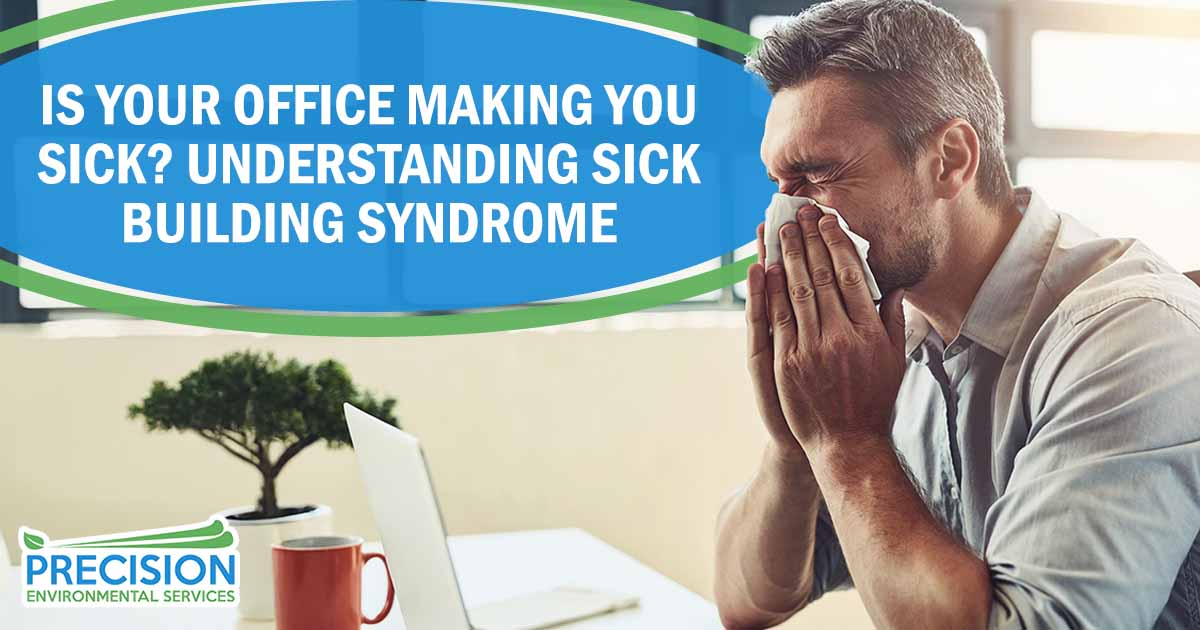What Is Toxic Mold?
Every variety of mold can potentially be dangerous to your health and cause allergic reactions, but the one most people should be concerned about is toxic mold or black mold. Toxic or black mold refers to any mold that produces mycotoxins or toxins. Within the black mold family, the most attention is given to the specific molds with the most significant health concerns, which include Stachybotrys and certain varieties of Aspergillus, Chaetomium, Fusarium, Penicillium, Phoma, and Trichoderma.
Who Is Susceptible to Mold Poisoning?
Everyone can be susceptible to mold poisoning; however, people with existing health conditions are much more vulnerable to mold-related problems. Some people may develop symptoms of mold poisoning quickly, while others may have little to no symptoms.
People Who Have Mold Allergies Are Susceptible to Mold Poisoning
When someone has a mold allergy, they can experience a more intense reaction to mold exposure, which can show on the skin or as a respiratory reaction.
Someone with allergies is more sensitive, so contact with moldy areas or infected air must be minimized. More prolonged mold exposure can lead to more severe medical issues.
A Person with a Suppressed Immune System Is Vulnerable to Mold Infections
People with an immune suppressive disorder have a high risk of developing fungal infections after exposure to mold. Even if their immune system functions typically well, anyone who has been sick recently is more vulnerable to mold infections and mold poisoning since their immune system will be weak after fighting their sickness.
Some lifestyle choices like smoking, alcohol, and poor nutrition can suppress a person’s immune system and make them more susceptible to mold poisoning.
People with Chronic Diseases Are Most at Risk for Mold Poisoning
Someone with a chronic respiratory disease, such as asthma or obstructive pulmonary disorder, could develop symptoms of mold poisoning after inhaling only a tiny amount of mold spores. The more mold spores they inhale, the worse their symptoms and condition will be.
How Do I Know If Mold Is Making Me Sick?
An easy way to see if you might have unhealthy mold conditions at home is to note how you feel when you’re at home and when you’re not. If any symptoms you’ve been experiencing decrease or disappear when you are not at home, you might have a mold problem.
To see if you have a mold problem, you can have an inspection and air quality test performed by a local mold testing company. Testing the air in your home is an excellent way to determine if there is a mold problem.
Signs You Might Have Unhealthy Mold Conditions in Your Home
- a damp or musty odor in one or more spots
- allergic symptoms
- frequent headaches
- breathing difficulties
- the air in your home feels differently
- your home has been flooded in the past or currently has leaks
Symptoms of Mold Exposure
When you touch or inhale mold spores, you may develop allergy-like symptoms such as:
- congestion
- coughing
- eye irritation
- headache
- lung irritation
- runny nose
- skin rash
- sneezing
- sore throat
- wheezing
Can Mold Behind Walls Make You Sick?
Molds produce mold spores, poisonous mycotoxins like Trichothecenes, and toxic gases. The toxic gases are called Microbial Volatile Organic Compounds (MVOCs). The toxic gases and chemicals travel out of wall cavities through small cracks, under the baseboard, and through electrical outlets and can significantly affect someone’s health.
These microbial gases create the musty odor associated with mold and are sometimes the only indicator of a mold problem. A local mold remediation company can test your home‘s dust for mycotoxins and confirm it came from mold behind walls by matching the mold in the wall with the mycotoxins in your home’s dust.
How Long Does It Take for Mold to Affect You?
Typically, mold symptoms appear between 2 to 9 hours after exposure. Until the mold is officially removed, your mold exposure symptoms will remain. However, how long your mold symptoms will last after mold removal is variable.
If exposed to small amounts of nontoxic mold, your symptoms may be resolved within a few days. If you were exposed to many toxic molds like Aspergillus, Cladosporium, Fusarium, Penicillium, or Stachybotrys, it could take several months or years for your symptoms to dissipate.
What Happens If You Live with Mold for a Long Time?
Long-term mold exposure can cause permanent physical damage, particularly in people with allergies, asthma, or other respiratory conditions. If mold exposure symptoms aren’t treated, they could even be fatal.
What Should You Do If You Think You Have a Mold Problem?
- Check for mold. It needs to be cleaned up if mold can be seen or smelled.
- Prevent mold from growing back.
- Utilise dehumidifying devices in moist spaces, like the basement.
- Repair any leaks in the roof, walls, windows, or pipes.
- Ensure proper ventilation in bathrooms, kitchens, and laundry zones.
- Vent the clothes dryer to the outside.
- Use mold-resistant paint.
- Dry wet or flooded areas within 24 to 48 hours, and throw out anything that cannot be thoroughly dried.
- Remove mold. Mold must be cleaned up, and the problem causing mold needs to be fixed to prevent mold from growing again. If the space affected by mold exceeds 10 square feet (3 feet x 3 feet), it’s advisable to engage a professional contractor skilled in mold remediation to address the area.
Questions About Mold Sampling and Testing
If you’re looking for a mold inspector for your home or have questions about mold sampling and testing, Precision Environmental Services can help. Our professionally trained and certified mold inspection specialists can evaluate your mold issue, advise you on the best way to remove the mold to solve your mold problem and answer your questions.
North Central Texas’s Trusted Mold Remediation Resource
Precision Environmental Services is a premier company that bases its business model on customer health and satisfaction. We offer premium air quality testing, mold testing, and mold remediation services in the Dallas – Fort Worth Metroplex.
If you need assistance with mold testing and removing the mold in your home, contact Precision Environmental Services at 940-597-2673.
